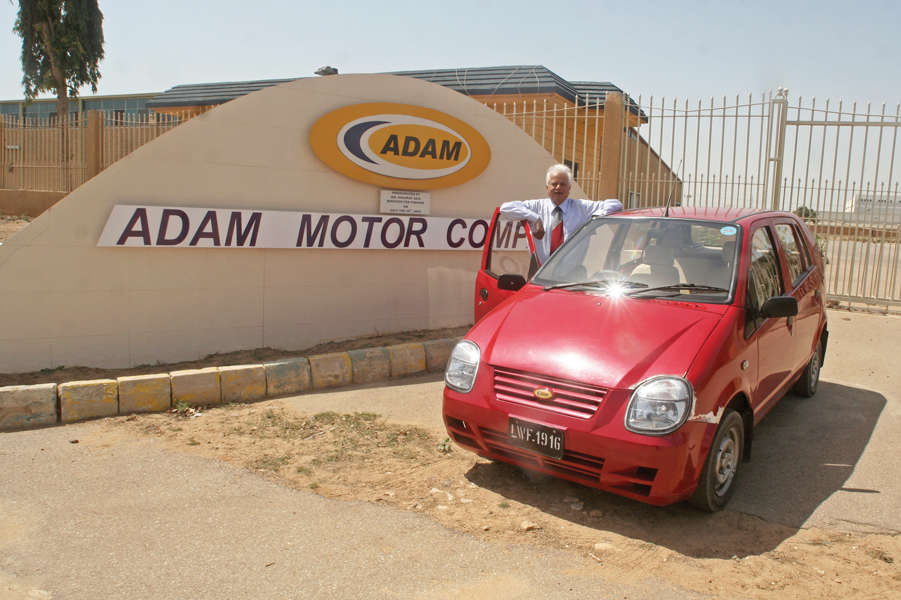
KARACHI:
For those familiar with the intricacies of the auto industry, the terms daunting challenge is close to being a cliché. Feroz Khan, the man behind Pakistan’s first manufactured car, describes what it is like to be an ‘entrant’.
“Continuity of policy and developing trust in successive governments to carry on with announced incentives would be crucial to attract investors in the automobile industry,” Khan told The Express Tribune.

“Anyone who comes with an established brand would want to bring down cost to stay relevant. That would only happen when he has got local vendors and a tooling base. But, for that to happen, he needs five to 10 years of stability,” he said.
According to Khan – currently CEO of Omar Gibran Engineering, a leading auto parts company – the government and auto industry need to fine-tune policy framework, which would help new entrants and ensure a level playing field for existing players.
Khan was chairman of Adam Motors, which developed the snub-nosed Revo, the 800cc car.
The project was unable to survive after the company went into a financial tailspin due to, added Khan, the government’s policy to allow import of used cars and backtracking on its promise to purchase a few thousand of his cars.
About possibility of success for a new international brand in Pakistan, he says that there should be no doubt about the demand in local market for cheaper and reliable cars.
“We are making around 220,000 a year and this is what we were making eight years ago. The number should have increased to half a million by now.”
It is a general consensus among auto industry executives that demand for cars doubles when a country’s GDP increases by 10, however, this does not seem the case in Pakistan.
“Our market is artificially suppressed,” Khan says. “There is especially a lot of demand for smaller vehicles, the kind we can actually call a poor man’s car,” he said referring to cars with engines of 1,000cc and below.

Pakistan has a relatively high per capita ownership of motorcycles. Over 20 million are in use, according to industry estimates. And, as Khan believes, many of them will switch to a four-wheel, cheaper alternate whenever an opportunity arises.
He launched Revo in 2005 specifically for this market segment, just like India’s Tata made Nano a few years later.
Deterrence
High taxation on automobiles is another reason that has deterred new entrants and discouraged present assemblers from introducing new variants.
“Government takes away Rs400,000 in taxes and duties on a car that costs Rs1.1 million. That’s a lot and there has to be rationalisation to encourage investment,” Khan said.
He believes that tax cut on parts which are not manufactured locally for a few years would help promote indigenisation.
But, there are a few things that entrants need to consider before making a debut, industry officials say.

“The local sponsor who introduces new brand needs to have a very strong financial backing,” said Khan. “They also need to be dynamic people who can take up all the challenges.”
Pakistani car buyers are used to Japanese brands, which have established a monopoly over the market. The fact that all the vendors are dependent on them for business gives them a domineering position.
Published in The Express Tribune, March 23rd, 2015.
Like Business on Facebook, follow @TribuneBiz on Twitter to stay informed and join in the conversation.














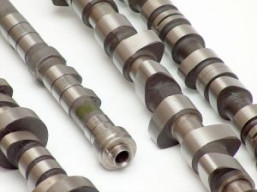
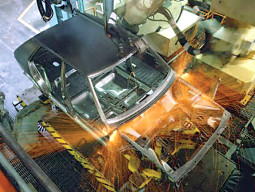
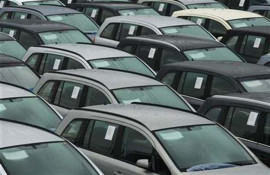
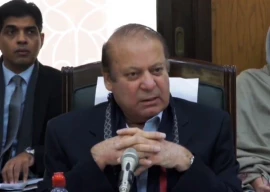
















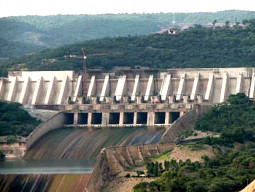
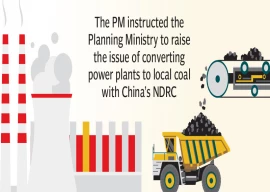








COMMENTS (3)
Comments are moderated and generally will be posted if they are on-topic and not abusive.
For more information, please see our Comments FAQ